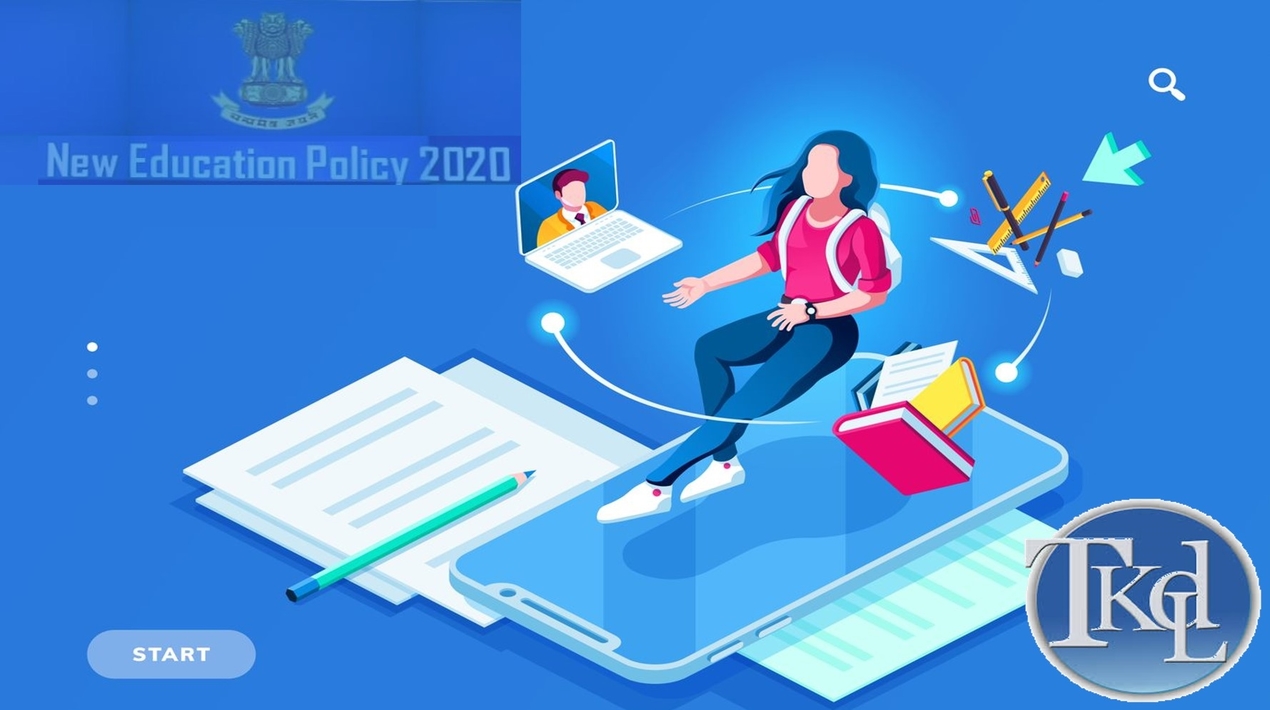
The Economic Survey 2020-21 confirmed that online schooling took off in a big way during the COVID-19 pandemic. The Annual Status of Education Report (ASER) 2020 Wave-1 (Rural), shows that the percentage of enrolled children from government and private schools owning a smartphone increased enormously from 36.5% in 2018 to 61.8% in 2020 in rural India. The survey suggests that, if utilised well, the resultant reduction in the digital divide between rural and urban, gender, age and income groups is likely to reduce inequalities in educational outcomes.
To facilitate learning during COVID-19 pandemic, the government is implementing several initiatives to make education accessible to children. The PM eVIDYA is a key initiative to unify all related to digital/online/on-air education offerings. This is aimed to enable multi-mode and equitable access to education for students and teachers. Over 92 courses have been initiated and 15 million students have enrolled under Swayam MOOCs, online courses linked to NIOS.
To mitigate the effect of COVID-19, Rs. 818.17 crore (US$ 112.3 million) has been allotted to States/UTs to promote online learning through digital initiatives. A further Rs.267.86 crore (US$ 36.7 million) has been earmarked for online teacher training under Samagra Shiksha Scheme.
PRAGYATA guidelines on digital education have been developed with a focus on online / blended / digital education for students who are presently at home due to the closure of schools. The MANODARPAN initiative for psychological support has also been included in Atma Nirbhar Bharat Abhiyan.
The Economic Survey 2020-21 observes that India will have the highest population of young people in the world over the next decade. As per the National Education Policy, 2020, providing high-quality educational opportunities to this segment will determine the future of the country.
As per U-DISE 2018-19, the physical infrastructure of more than 972,000 government elementary schools has improved significantly. Over 84% have medical check-up facilities, almost 21% have computers and over two-thirds have electricity. Ramps and other essential services are available in 74.2% with close to 96% having provisions for drinking water.
The survey states that India has attained a literacy level of almost 96% at the elementary school level. As per the National Sample Survey (NSS), the literacy rate of persons of age 7 years and above at the All India level stood at 77.7% but female literacy remained below the national average among social groups of SC, ST, OBC, including religious groups of Hinduism and Islam.
To provide quality education in schools and institutions of the government in affordable and among those who received formal training, the most opted training course is IT-ITeS among both males and females, followed by electrical-power and electronics, mechanical engineering- strategic manufacturing, automotive, office and business-related work (predominantly male).
India has been at the forefront of digital education and digitising knowledge, Recently, the Council of Scientific and Industrial Research (CSIR) celebrated 20 years of India’s Traditional Knowledge Digital Library, the first of its kind globally that safeguards India’s Traditional Knowledge.
In 2001, CSIR jointly with Department of Indian Systems of Medicine & Homeopathy (ISM&H, now Ministry of Ayurveda, Yoga & Naturopathy, Unani, Siddha, Sowa Rigpa and Homoeopathy (AYUSH) developed the Traditional Knowledge Digital Library (TKDL).
This initiative was a follow-up action to thwart misappropriation of India’s valuable traditional knowledge, based on learnings from the patent battles with international patent offices over the grant of intellectual property rights on turmeric, neem, basmati rice and other such ancient knowledge and practices of the country. Significantly, 239 patent applications have either been set aside/ withdrawn/ amended, based on the prior art evidence present in the TKDL database.
Over the years, TKDL has grown in strength and is now poised to expand its scope. It envisages covering information from traditional knowledge such as disease diagnostics, veterinary medicine, agricultural practices, food, cosmetics, metallurgy, etc. and Traditional Cultural Expressions (TCE) such as architecture, metallurgy, paintings, carvings, textiles, etc. Going forward, the information from digitised and published manuscripts as well as oral knowledge is also proposed to be included in the TKDL database.
















